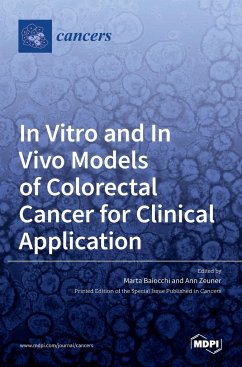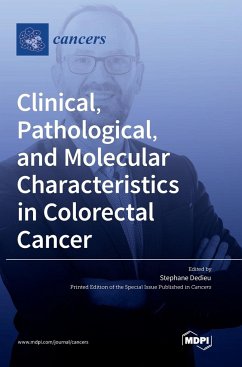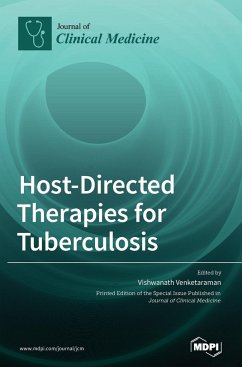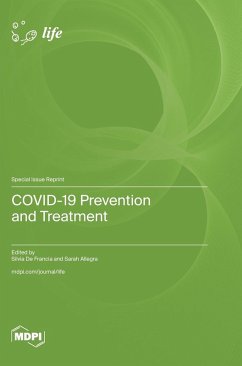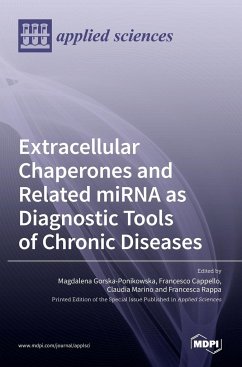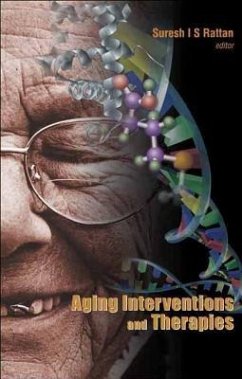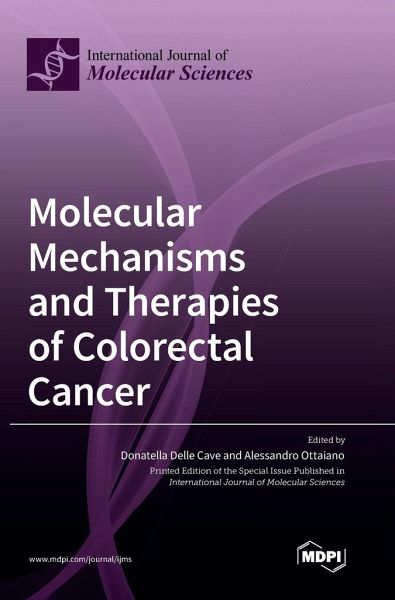
Molecular Mechanisms and Therapies of Colorectal Cancer
Versandkostenfrei!
Versandfertig in 1-2 Wochen
93,99 €
inkl. MwSt.

PAYBACK Punkte
47 °P sammeln!
Colorectal cancer (CRC) is currently the third leading cause of cancer-related mortality, with 1.9 million incidence cases and 0.9 million deaths worldwide. The global number of new CRC cases is predicted to reach 3.2 million in 2040, based on the projection of aging, population growth, and human development. In clinics, despite advances of diagnosis and surgical procedures, 20% of the patients with CRC present with metastasis at the time of diagnosis, caused by residual tumor cells that have spread to distant organs prior to surgery, affecting the patient survival rate. Standard systemic chem...
Colorectal cancer (CRC) is currently the third leading cause of cancer-related mortality, with 1.9 million incidence cases and 0.9 million deaths worldwide. The global number of new CRC cases is predicted to reach 3.2 million in 2040, based on the projection of aging, population growth, and human development. In clinics, despite advances of diagnosis and surgical procedures, 20% of the patients with CRC present with metastasis at the time of diagnosis, caused by residual tumor cells that have spread to distant organs prior to surgery, affecting the patient survival rate. Standard systemic chemotherapy, alternative therapies that target mechanisms involved in cancer progression and metastasis, immunotherapy, and combination therapies are the major CRC-treatment strategies. In the advanced stage of CRC the transforming growth factor-beta (TGF-¿) plays an oncogenic role by promoting cancer cell proliferation, cancer cell self-renewal, epithelial-to-mesenchymal transition, invasion, tumor progression, metastatic spread, and immune escape. Furthermore, high levels of TGF-¿1 confers poor prognosis and is associated with early recurrence after surgery, resistance to chemo- or immunotherapy, and shorter survival. Based on the body of experimental evidence indicating that TGF-¿ signaling has the potential to be a good therapeutic target in CRC, several anti-TGF-¿ drugs have been investigated in cancer clinical trials. Here, we presented a comprehensive collection of manuscripts regarding studies on targeting the TGF-¿ signaling in CRC to improve patient's prognosis and personalized treatments.





